University Contract Law Report: Oral vs. Written Contract Comparison
VerifiedAdded on 2022/08/16
|6
|1151
|256
Report
AI Summary
This report provides a comparative analysis of oral and written contracts, delving into their definitions, enforceability, and practical applications. It begins by defining oral contracts as agreements established through spoken communication, referencing the Texaco Inc. v. Pennzoil Co. case to highlight their potential enforceability when properly established. The report then contrasts this with written contracts, which require a printed document and signatures from both parties for validity. A key focus is on enforceability, noting that while oral contracts are legally binding in the U.S., written contracts are generally preferred due to their clarity and evidentiary value, particularly in business contexts. The report outlines situations where written contracts are essential, such as real estate transactions or agreements exceeding a year. It also discusses relevant case law, including Johnson v. Hazaleus, Plante v. Fullerton, and One-O-One Enters., Inc. v. Caruso, to illustrate the legal principles governing contract enforcement and the importance of clear, unambiguous terms. The report concludes by emphasizing the advantages of written contracts in preventing misunderstandings and protecting parties involved in business agreements.
1 out of 6
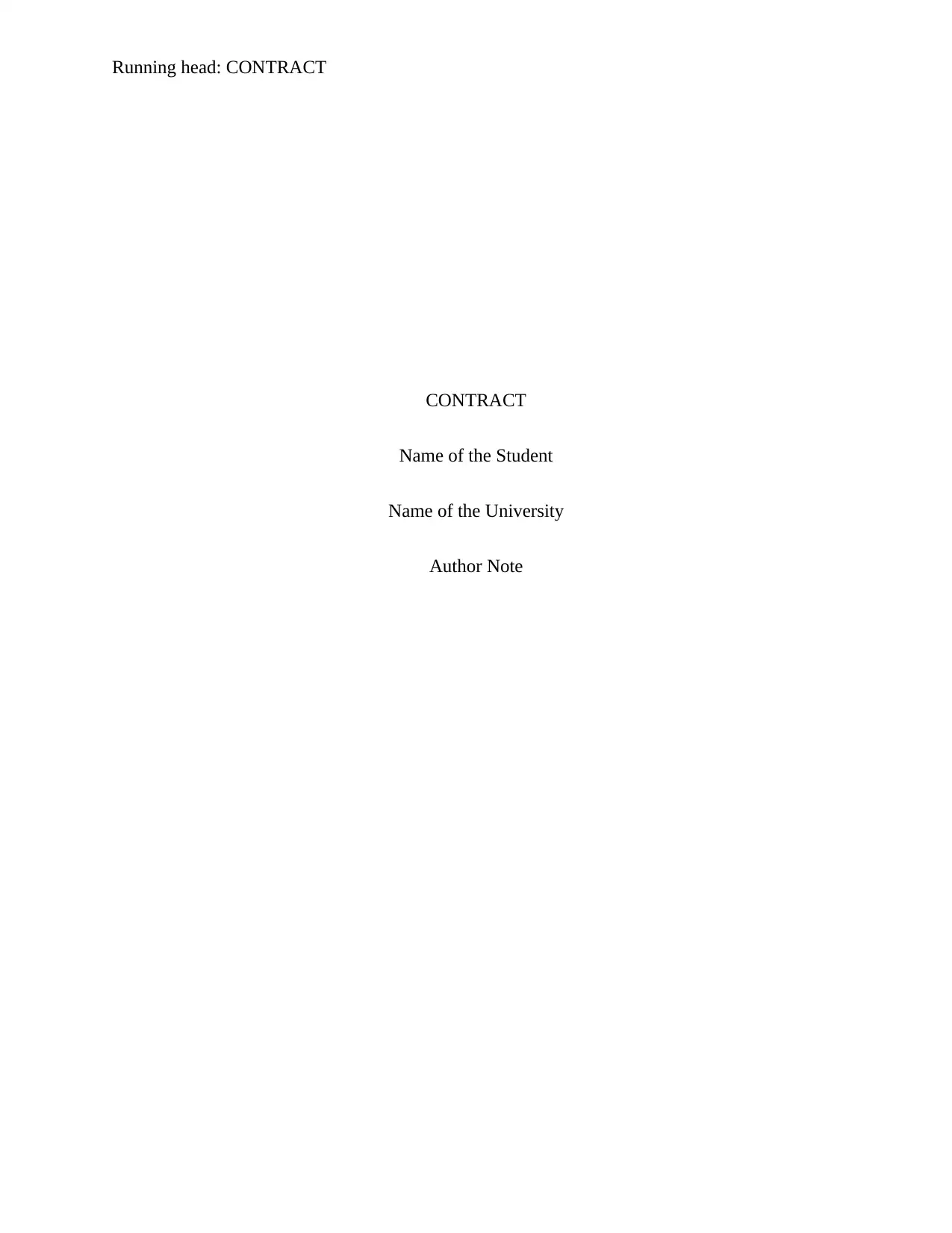
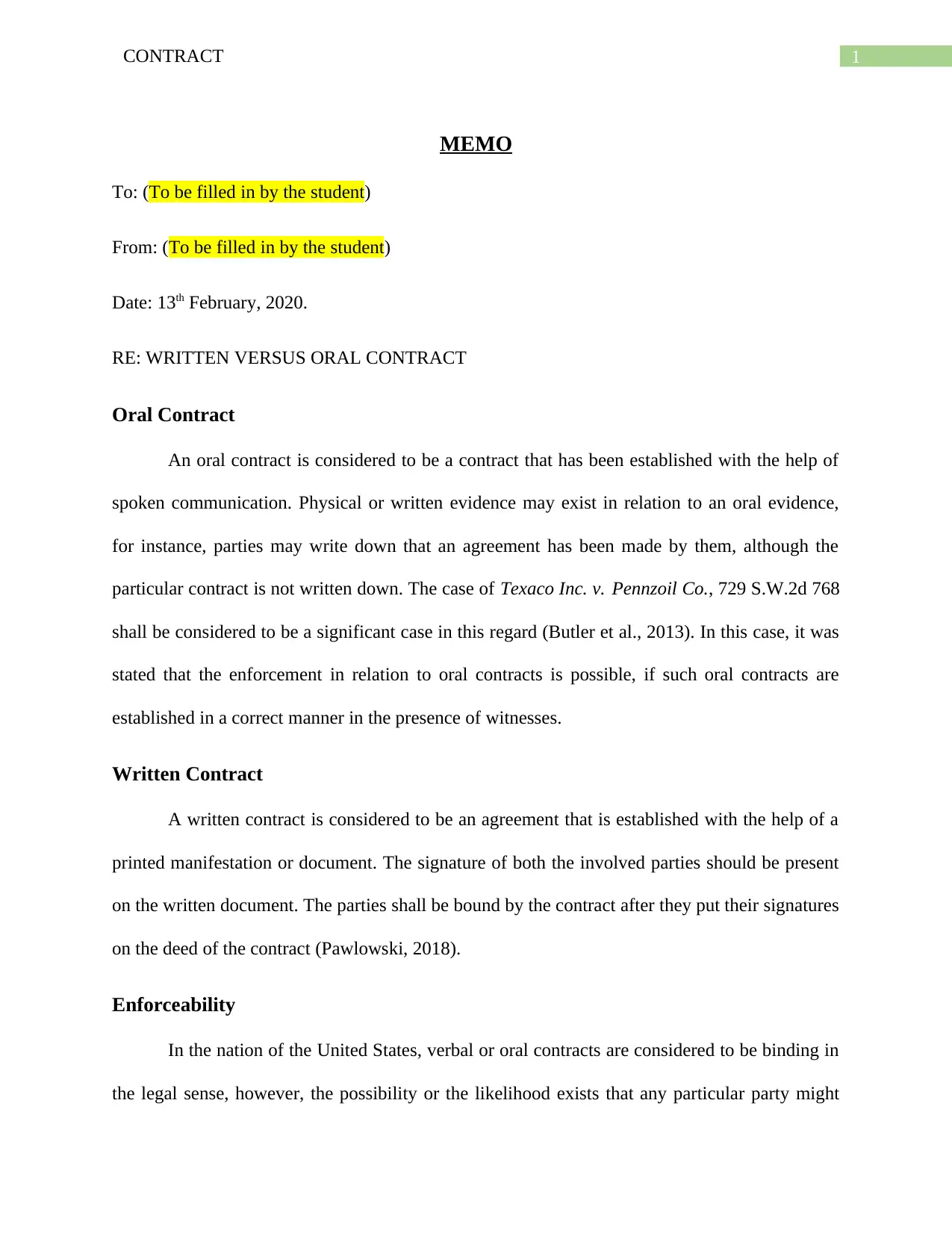
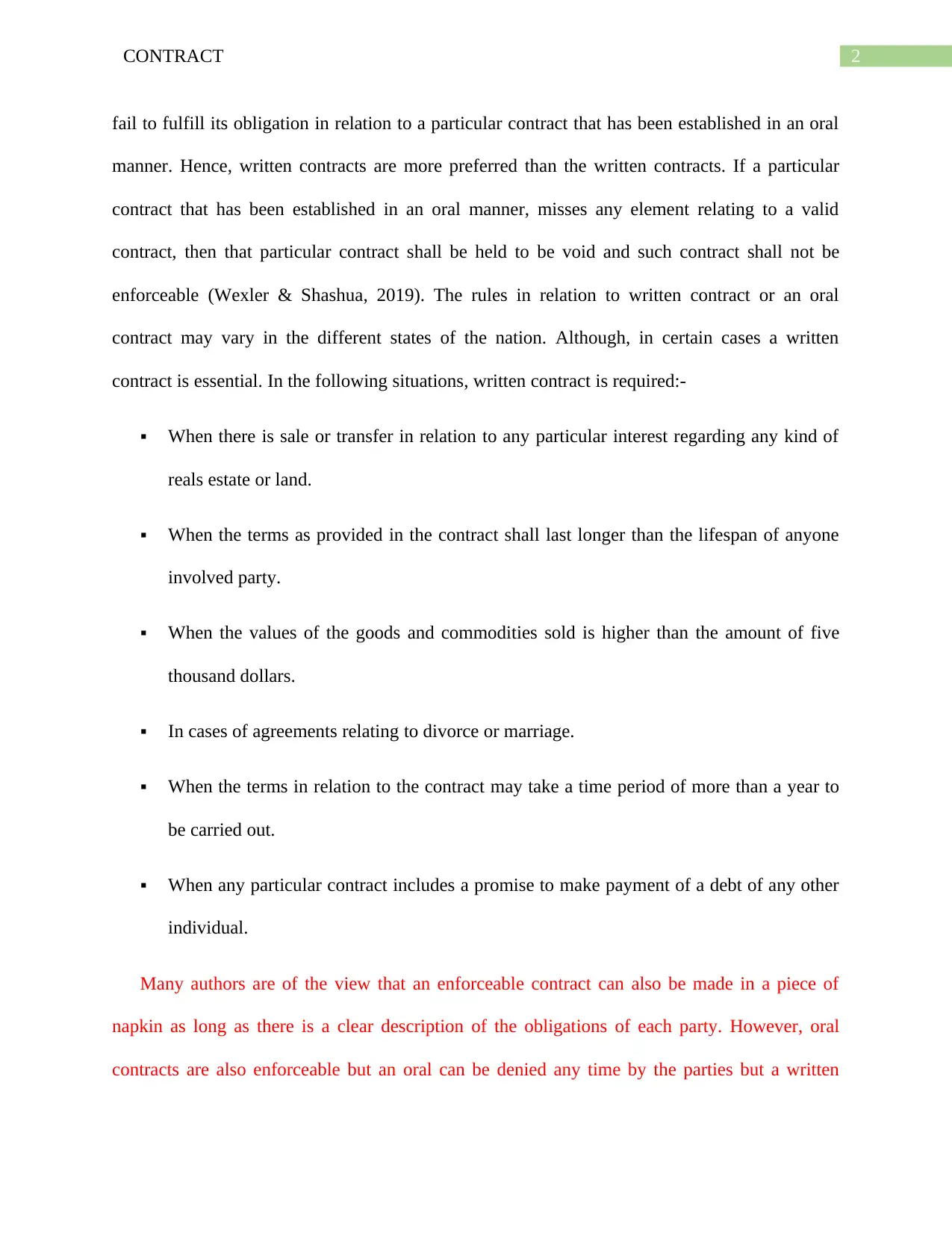

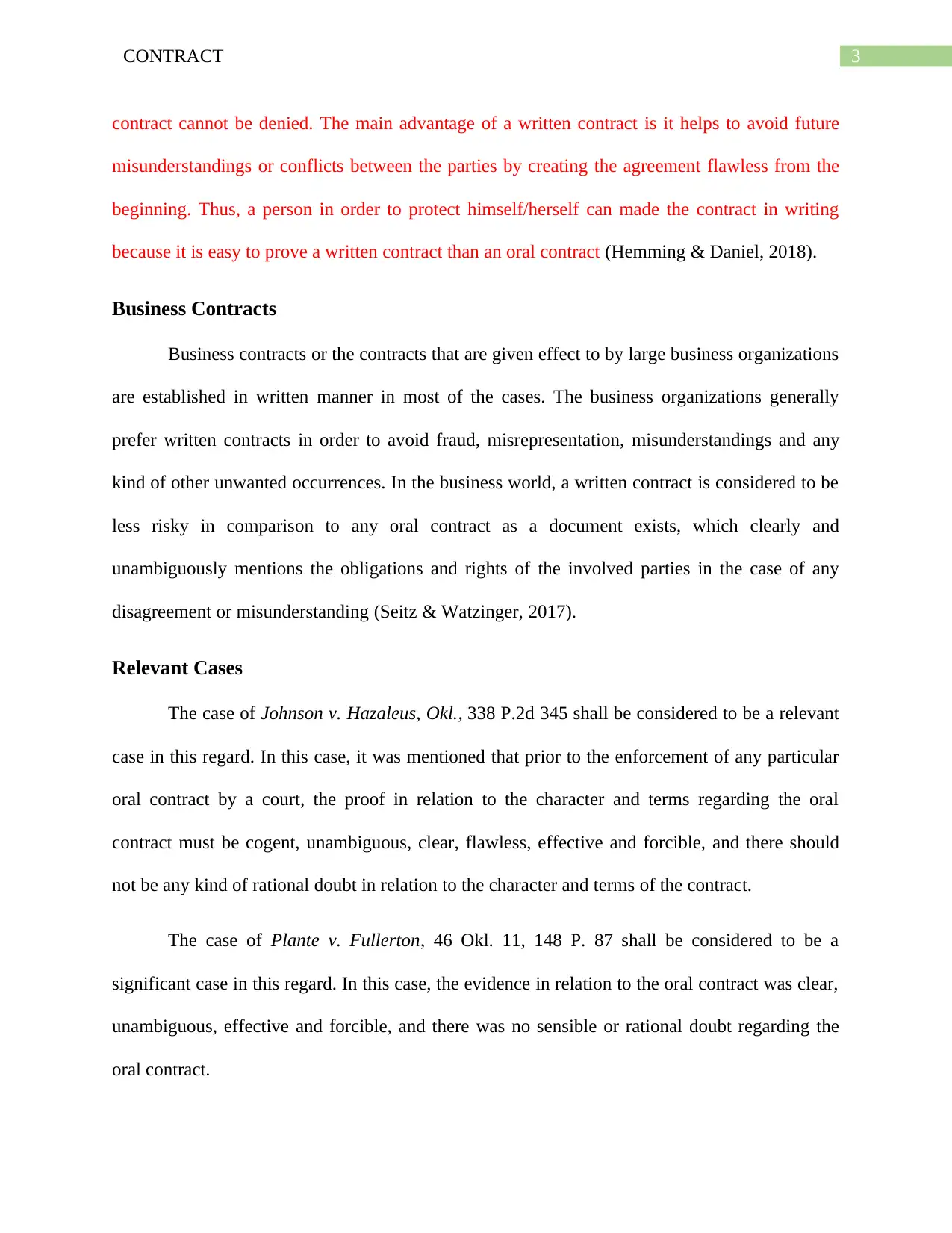
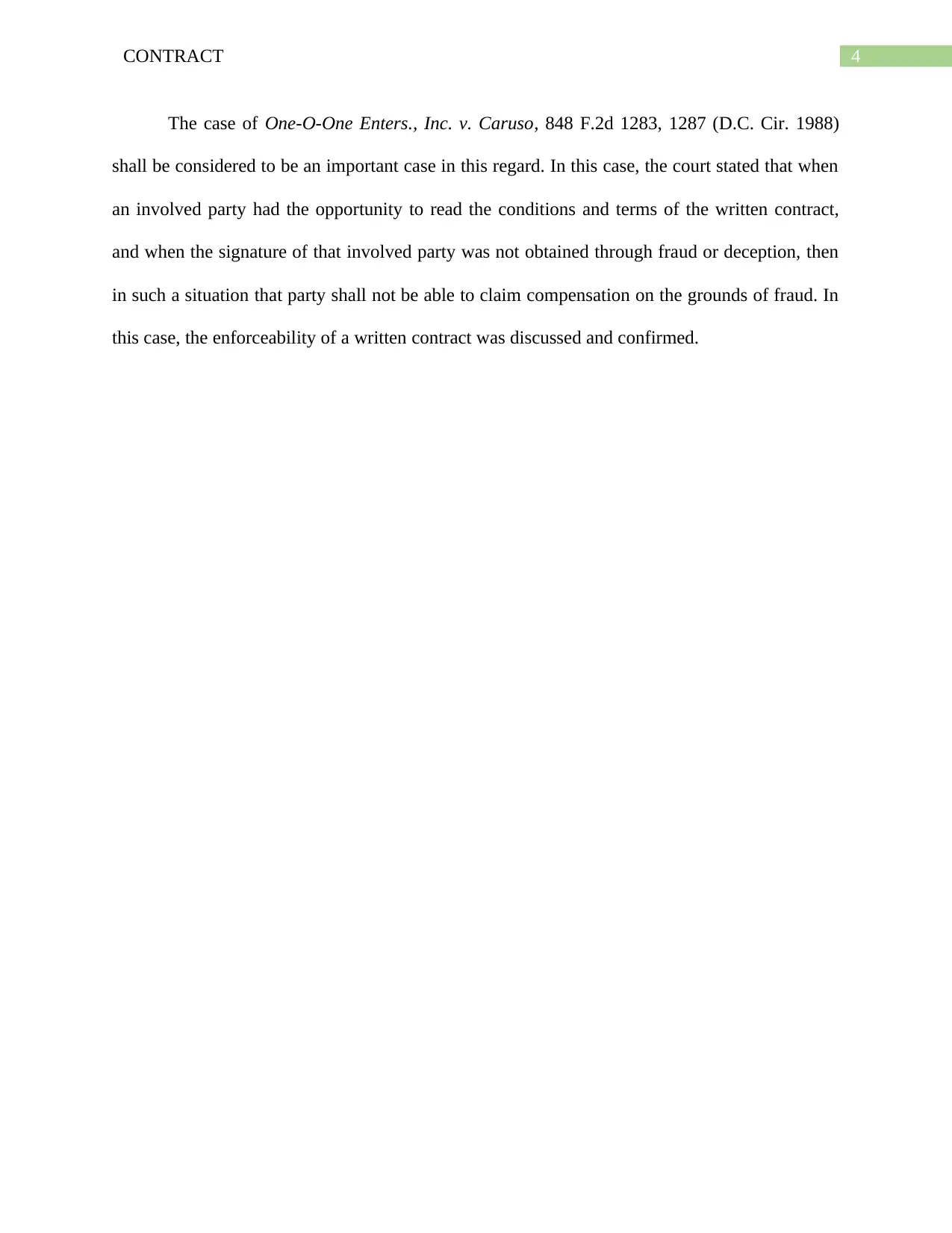
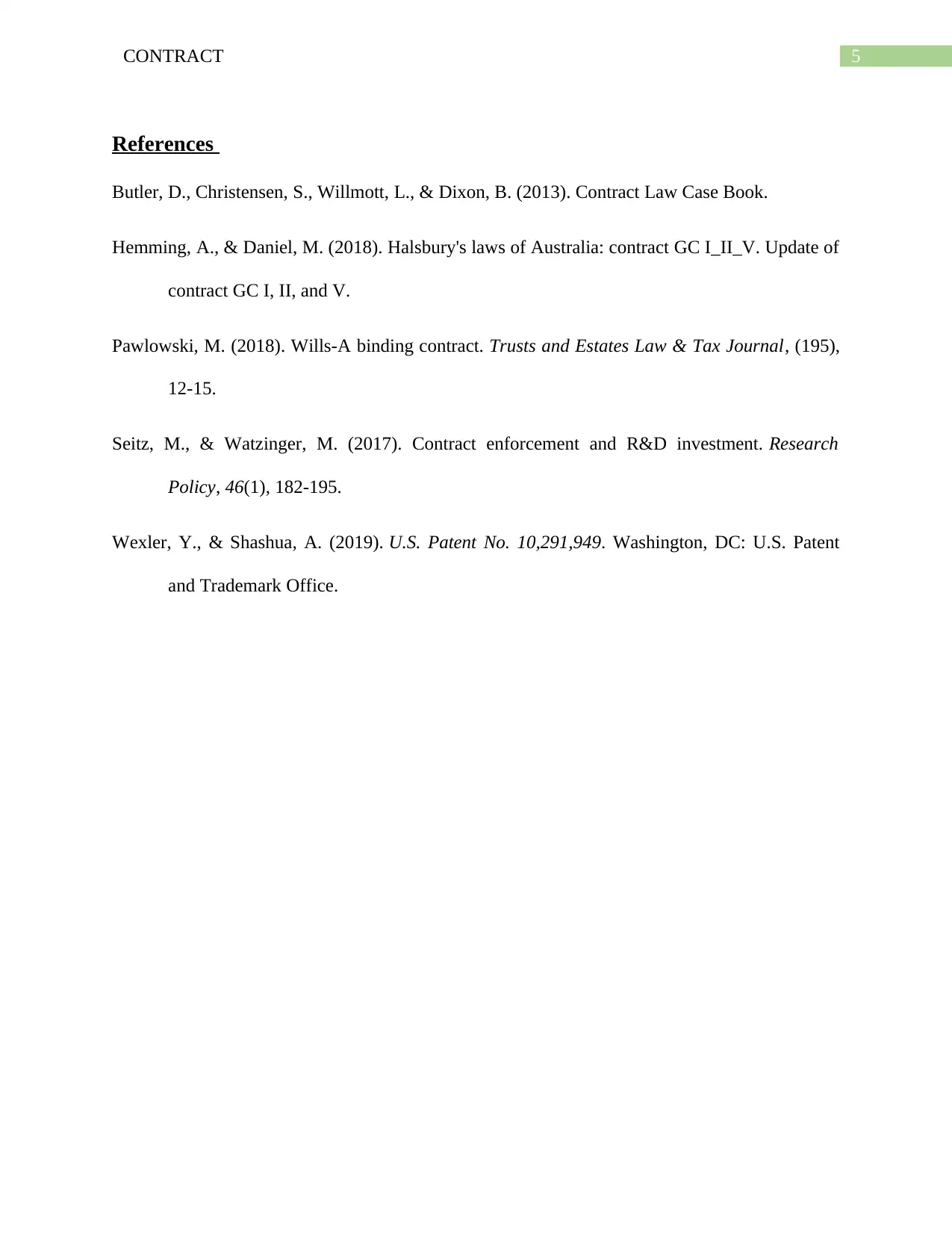






![[object Object]](/_next/static/media/star-bottom.7253800d.svg)